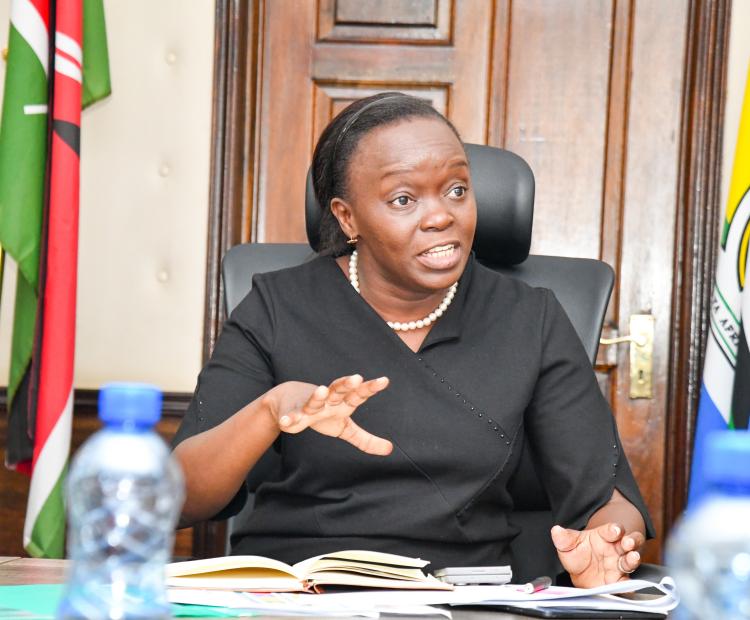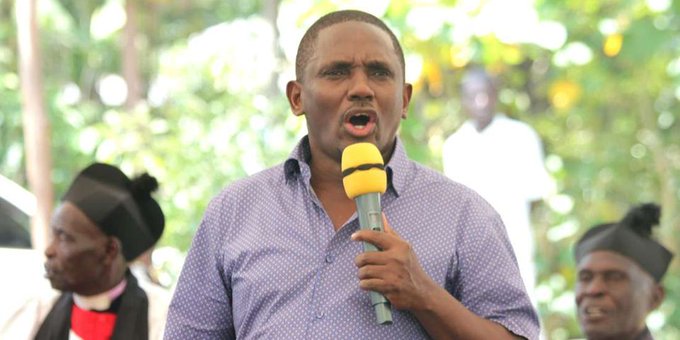The Kenyan government is moving quickly to implement the Social Health Insurance Fund (SHIF) to ensure a smooth transition for citizens from the previous National Health Insurance Fund (NHIF). Since SHIF’s launch in October, the rollout has faced challenges, yet the government reports that 13 million Kenyans are already registered.
Many citizens have expressed frustration with the transition, as issues in SHIF’s rollout have forced some to cover healthcare costs out of pocket. Patients with critical conditions like kidney disease and chronic illnesses such as cancer have been especially affected. Numerous NHIF subscribers, who had already paid for an entire year, had hoped for uninterrupted access to essential health services.
As the government works to address SHIF’s initial issues, the National Development Implementation Committee (NDIC) has urged Kenyans to stay vigilant against health threats like Mpox and the Marburg virus, which have emerged in neighbouring countries. The NDIC, led by Prime Cabinet Secretary and Foreign Affairs CS Musalia Mudavadi, is tasked with overseeing the execution of national projects and policies.
This week, NDIC met to assess initiatives from its July 11 session, reviewing various national projects and efforts. Among the updates, the committee praised the resilience of Kenya’s economy, which saw growth from 4.9% in 2022 to 5.6% in 2023, with a current projection of 5.2%. Inflation and exchange rates have stabilized, reducing living costs for Kenyans. Additionally, the government’s free-visa policy has boosted tourist arrivals by over 20% this year.
The NDIC has directed the Ministry of Interior, along with National Government Administration Officers (NGAO) and the National Government Coordination Secretariat (NGCS), to complete evaluations of 51 high-priority projects across Kenya by early next year. Two verification missions in Coast, Eastern, Nyanza, and Western regions have highlighted the importance of allocating resources to projects nearing completion to benefit the public.
Following the impeachment of former Deputy President Rigathi Gachagua, the NDIC also noted gaps in public participation laws, particularly around logistical and budgetary factors, and called for improvements in public engagement processes.





